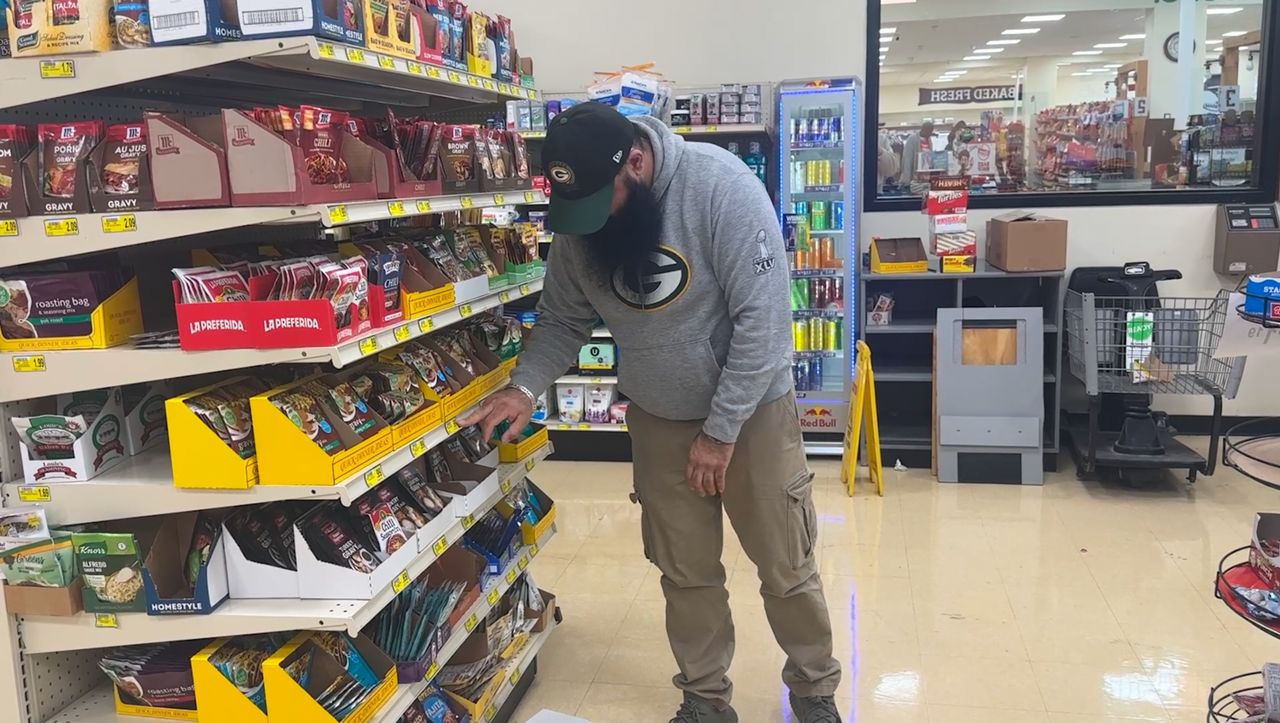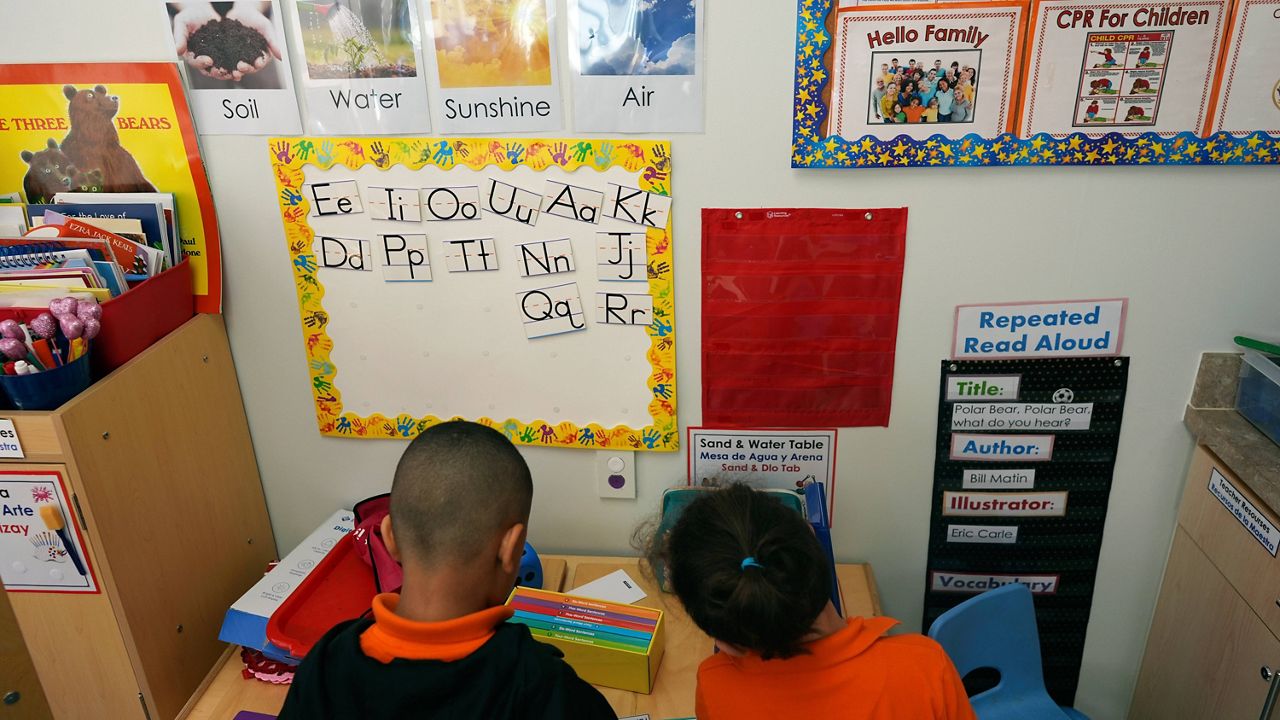MADISON, Wis. — A new partnership could help lower the maternal and infant mortality rates in Dane County for Black families.
Wednesday was World Doula Day. Birth workers across the country are dealing with an environment where racism and unconscious bias play a key role in why more people and babies of color die during or just after birth.
“In this country, it’s actually the least safe place for you, or I, or anybody to give birth,” said Tia Murray of Harambee Village Doulas. “When I started doing this work, Black maternal mortality in this state was about three times the rate of our white counterparts. Now, it's five times the rate.”
In 2019, Wisconsin had the highest infant mortality rate for Black babies in the country.
“Here in Dane County specifically, a Black infant is 2.7 times as likely to die as a white infant. That’s as recently as 2020,” said Chandra Lewis, Executive Director of Harambee Village Doulas.
That’s Harambee Village’s mission: to change outcomes for families of color.
“We provide that education, we provide that physical support,” said Lewis. “We provide that emotional support so that they can then advocate for themselves to take charge of their birthing journey.”
Harambee Village has partnered with SSM Health and Dean Health Plan. Medicaid patients on Dean Health Plan or giving birth at St. Mary’s can now have access to doula services.
“I've not seen anything like it, to have a health insurer and have a hospital to work together to make sure that all of the community members have access is phenomenal,” Lewis said.
“There’s something about that support that doulas provide that seems to improve the outcomes,” said Dr. Ken Schellhase, Dean Health Plan Senior Medical Director. “We know that women with doula support are less likely to have a c-section, and less likely to need pain medication for the delivery. We also know that they're much more satisfied with their overall birth experience.”
This care could be the difference between life and death for some families.
“I know it’s this hip new thing, like if you can afford one, you get one. No,” Lewis said. “Any pregnant person that needs a doula should have access to a doula.”










